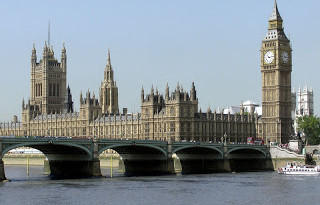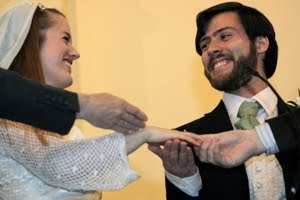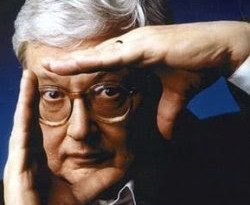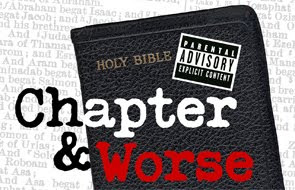 Film and television are sometimes criticised as requiring less imagination than reading. If we can already see exactly what the characters look like, if the actors and designers and directors have already captured so much detail on screen, what’s left for us to imagine?
Film and television are sometimes criticised as requiring less imagination than reading. If we can already see exactly what the characters look like, if the actors and designers and directors have already captured so much detail on screen, what’s left for us to imagine?
On the other hand, there are people who see this as a good thing. Some people like being able to watch television because it appears completely real – and so they get very angry if a set wobbles, or some make-up or special effect is less than entirely convincing. If anything is left to the imagination, the makers haven’t finished their job properly.
But people who can’t see past unrealistic sets or not-quite-convincing effects to enjoy a story is that they’ve forgotten that all art is representational. It’s like complaining that actors who die on stage get up alive at the end of the scene and walk offstage. It’s missing the point – all art is symbolic. Style and beauty are sometimes more important than realism.
In some ways, the ability to make ever-more realistic special effects distracts us from the representational nature of art. Going back further, the photographic revolution, the ability to create photorealistic images, both still and moving, has helped create the illusion that we can achieve full realisation, and given us the delusion that film and television should aim for this. The obsession with visual realism is to the detriment of our imaginations.
But to come back to the original question, I’d argue that books and television sometimes leave different things to the imagination, but that doesn’t mean that one or other requires more imagination than the other.
To be compelling, all forms of storytelling need us to participate, to fill things in with our imaginations, to place ourselves in those situations and events, in order for us to really experience and enjoy them. All art is a collaboration between artist and audience. That goes for television just as much as a novel or theatrical production – it’s just that different media leave different parts of the experience to our imagination.
For example, a novel leaves the visual to our imagination. There might be a picture on the cover, or some accompanying illustrations, but we have to turn the blobs of ink on the page into images in our head using our imaginations. Television, on the other hand, is very visual, and so we don’t need to imagine what things look like most of the time, unless deliberately kept unseen for effect. Often the scariest monsters onscreen are those we see least of, because that leaves the most room for our imaginations to work.
But while television shows us the visual, there are lots of things it can’t show, and must be left to the imagination. It can’t show us directly what someone is thinking, what is going on inside someone’s head, whereas a novel can do this very easily. We have to work out the characters’ interior thoughts and emotions and so on from what we can see and hear looking on as observers.
This depends on the writer, actors, director and so on, leaving enough clues for our imagination to work on. What’s left implicit is as important as what’s made explicit, because it’s the implicit that sets our imaginations alight. A well-written book can engage than imagination deeply, whereas a badly written book might leave very little that stimulates the imagination, and the same with television. Any medium can be used well or used badly, used to inspire the imagination or flatten it.





















